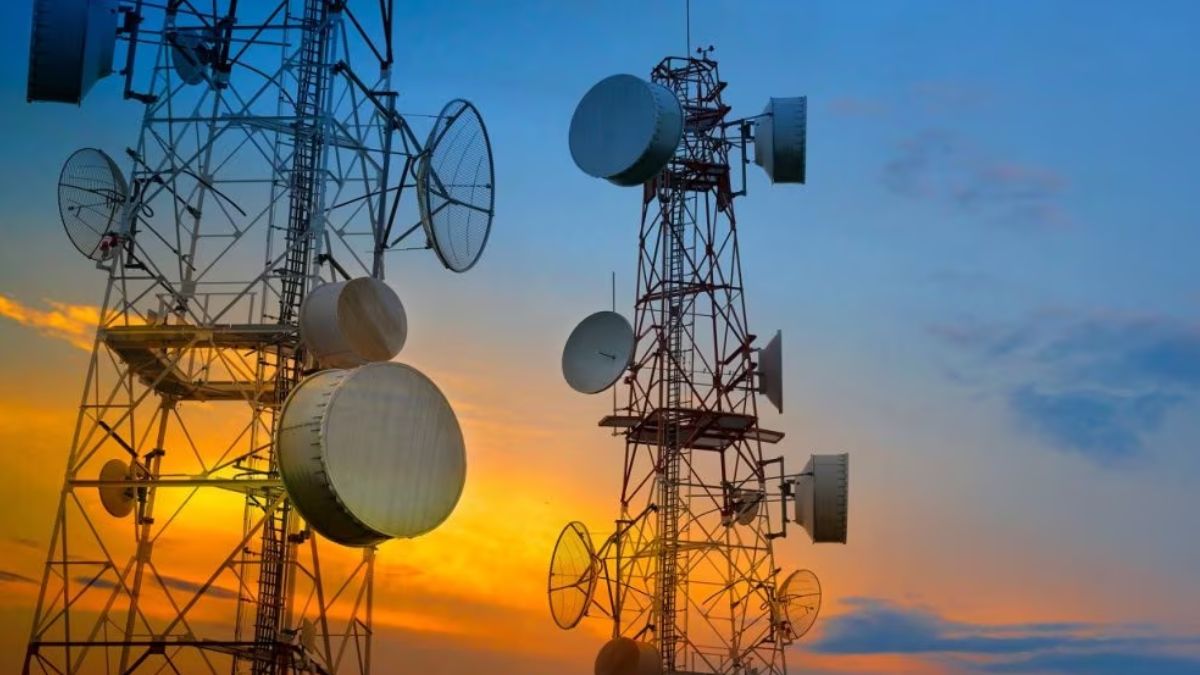Live Classes

The introduction of the Telecommunications Bill, 2023, inches closer to achieving the Union government’s long-standing aim of consolidating the law for wireless networks and Internet service providers, with a 46-page statute that leaves existing regulatory structures largely intact, while simplifying bureaucratic procedures such as applying for licences and permits for telecom operators. Licensing processes are set to be digitised, and telecom operators will have a new way of dealing with non-compliance with their licence terms, while also having access to district- and State-level authorities for permissions and dispute resolution when setting up their equipment and optical fiber networks on public and private properties. The Bill also lets the satellite Internet industry — long touted as a way for at least some remote areas to get net connectivity — breathe a sigh of relief, as there is clarity that it will not need to bid for spectrum, thus putting India on similar footing with other countries. The Bill has been welcomed by industry bodies for streamlining their regulatory landscape and promoting their ease of doing business, and could possibly give the much-needed regulatory stability and enabling environment for the next phase of telecom expansion. Over half of India’s population is on the margins of the connected world, and the Bill could help.
But issues persist: the expansive definition of telecom brings in its ambit a range of services, and state authority over them raises concerns of privacy and surveillance. These concerns are not merely academic considering past allegations of state-sponsored snooping. The Bill tries to deal with spamming concerns, but its proposed solutions require additional compromises to privacy. The issues of surveillance reform and Internet shutdowns have massive implications, and must not be avoided just because they are contentious. The government must address these concerns with an open mind, considering the vast powers that the text of the Bill grants it. When the last draft was publicly floated for consultation, responses from industry bodies and the public were withheld from scrutiny. To further reassure the public of its clean motives, the government must scrupulously conduct rule-making with absolute transparency and consultation. This is especially important as many of the Act’s provisions need subordinate legislation notified by the Department of Telecommunications before they come into force. The telecommunications landscape has evolved dramatically since the Telegraph Act was first passed in the 19th century, and regulation and law-making of the Internet world need to comprehensively address all the issues that have come with this digital explosion.
Download pdf to Read More